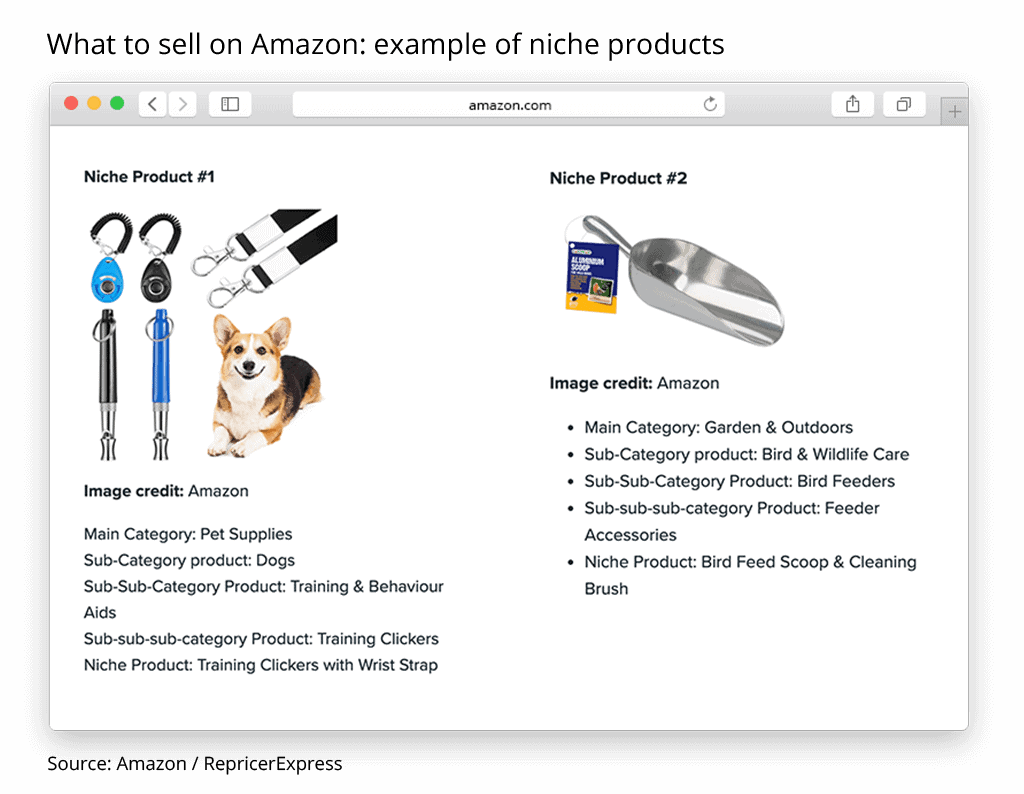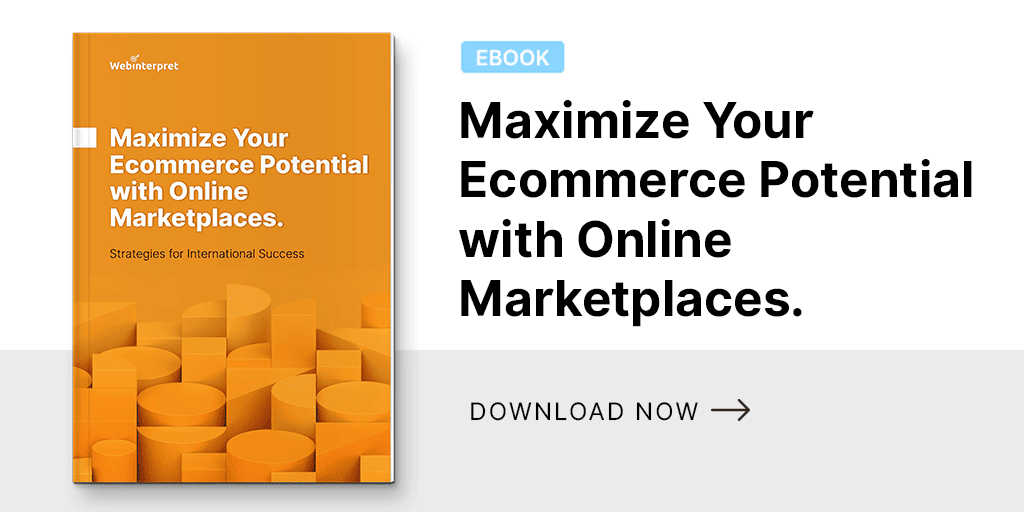Key strategies for a recession-proof ecommerce business
Economic downturns can be challenging for many ecommerce businesses. The trick to surviving them is to get ahead of the bad curve and treat it as an opportunity for growth.
In this article, we will explore strategies for taking advantage of the economic climate to grow online businesses.
Let’s dive right in.
2023 recession forecasts
We can’t help but hear experts worldwide forecast a global economic slowdown to hit in 2023. Several factors could cause it. The World Bank’s latest Global Economic Prospects report cites rising inflation, soaring interest rates, and disruptions caused by escalating geopolitical conflicts.
However, some analysts disagree – and while they don’t think the global economy is heading straight for a recession, they still advise bracing for a slowdown.
During a downturn, it’s important to be proactive in dealing with the challenges that may arise. This may involve making tough decisions, but it can also be a chance for something new.
We encourage you to look at slowdowns as an opportunity for business growth and innovation. After all, according to a 2009 Kaufman Foundation study:
51% of Fortune 500 companies were launched in recessionary periods.
Key ecommerce recession strategies for growth
With the right plan in place, online businesses can not just survive but thrive during a recession. We recommend exploring strategies further described in our “Recession-proof Ecommerce Playbook” ebook to not just wait the downturn out, but to set your business up for success:
- Adjust pricing strategy.
- Stay competitive and grab occasions others didn’t grab.
- Distinguish trends and bestsellers.
- Explore niches.
- Rethink your advertising strategy.
- Focus on client retention.
[Recession-Proof Ecommerce Playbook: FREE Download]
In this ecommerce guide you’ll also learn about:
- The key factors behind the resilience of ecommerce and its continued success during economic slowdowns
- The secrets to treating recession as an opportunity for growth
- The benefits of selling on marketplaces during an economic downturn
- Successful and profitable marketplace tools and strategies for recession
- Recession-proof products to sell online during an economic downturn
Growth strategy hacks
If there is an opportunity for growth that other sellers shy from, inspect it before you dismiss it too. It might turn out that it doesn’t require a lot of additional resources, just some of your time and research. You can set yourself up for success with just a bit of effort and almost no competition.
An excellent example of such an opportunity is selling cross-border to France in light of the recent EPR legislation updates. Some sellers have hastily closed their French accounts in response. Little did they know that getting compliant is a straightforward procedure that can only benefit their business. Don’t hesitate to grab such occasions!
[Download our FREE Extended Producer Responsibility guide]
Everyone is wondering what are the best recession-proof products to sell online. While there is no guaranteed formula for success, certain products have proven to be more resilient during economic downturns. According to industry reports, they include categories such as food and beverage, health and wellness, and essential goods.
It’s important to keep in mind that consumer behavior can vary widely depending on the specific circumstances of a recession. A steady flow of sales from top-selling items is a nice thing to have, but a sudden surge in sales is most often caused by trending products.
Trends are a double-edged sword. Pay attention to currently trending products because their popularity and high demand might increase your revenue. It’s an obvious and easy win.
There’s no easy recipe for predicting trends, but you won’t be able to do it without investing some time into research. Follow industry sources and relevant experts to understand how trends might shape and shift.
However, trends can also pass. And not all trending products will become bestsellers. It’s essential to be aware when a trending product you carry is about to lose momentum. If you miss-assess it, you might end up with excess inventory that will be hard to liquidate later.
But most importantly, before you even venture into researching trending products, make sure you can recognize the best-selling items on top marketplaces. Those might turn out to be the ultimate recession-proof products to sell online.
You can also explore niche products or whole niche marketplaces. They are specialized platforms that cater to a specific range of products within one particular retail category. These marketplaces provide a focused and curated shopping experience, which sets them apart from large and more generalized marketplaces.
While a recession may force some businesses to cut costs, studies suggest that it is not necessarily the best idea to do so with advertising. Bain & Company’s analysis of nearly 3,900 companies worldwide found that:
Companies that, among other efforts, maintained marketing during the 2008 recession came out of it ahead of the competition.
Does it seem counterintuitive to keep investing in advertising when you’re forced to reduce costs? On the contrary. Instead of reducing your marketing budget, try to rethink it. When times are tough and there’s less spending online, you need to make sure your customers see you and your listings first. You can achieve it in through various forms of advertising.
Can you be certain that such an investment will pay back? Our experiments confirm that promoting listings on eBay boosts product visibility: impressions tend to increase 4-5 times, while visits on product pages increase by 60-70%.
Ecommerce landscape can change quite quickly. If you want to stay ahead of the game, you need to be prepared and adapt quickly.
How can you stay on track with all the important updates?
- Subscribe to relevant news outlets for in-depth industry reports.
- Track trends and predictions through social media.
- Follow ecommerce experts for their exclusive insights.
The video series CEO’s Brew features Adrien Salvat sharing his insights about the biggest challenges for cross-border selling on marketplaces in 2023. Watch the video below to learn more about finding growth opportunities in a steady or decreasing market:
Download the “Recession-proof Ecommerce Playbook” now and take the first step towards recession-proofing your business. In the guide, you will find key insights about the abovementioned growth strategies.
Recession-proof ecommerce strategies: Final notes
Selling online can be a lucrative option during economic downturns. It is essential to monitor the fluctuations in consumer behavior and adapt accordingly. Don’t be afraid to pivot and change course if necessary. Focus on providing excellent customer experience and service to retain loyal customers and attract new ones.
In summary, retailers must be proactive and adaptable in the face of changing market conditions and a possible recession.
It’s crucial to stay informed, monitor key metrics, focus on customer service, and invest in technology. By prioritizing these areas, businesses can create a strong foundation that can weather the ups and downs of the economy, and come out stronger on the other side.
 Learn how to increase reach, visibility, and sales with the right online marketplace strategies for ecommerce growth
Learn how to increase reach, visibility, and sales with the right online marketplace strategies for ecommerce growth
with our FREE guide
About Webinterpret’s AI-powered automated solution for ecommerce
Webinterpret is a global ecommerce solution for marketplace sellers. We enable marketplace sellers to sell more effectively in international marketplaces with automated listing localization, marketing, and logistics (shipping and returns).
Our solution is perfectly integrated with marketplace platforms, such as eBay or Amazon. By giving your international customers a full end-to-end local shopping experience, Webinterpret improves your conversion and helps establish your business on a global scale.
If you’re looking for new ways to grow your online sales, feel free to book a demo with our sales experts.

Set your online business for recession-proof success!
Sources
Related Posts:
Ecommerce Newsletter
By clicking the “Subscribe now” button, you agree to receive our monthly e-mail newsletter and regular marketing and commercial communications by email from Webinterpret regarding marketing trends and our digital marketing services. You confirm that you have read and agreed to Webinterpret’s Terms of Service and Privacy Policy.









